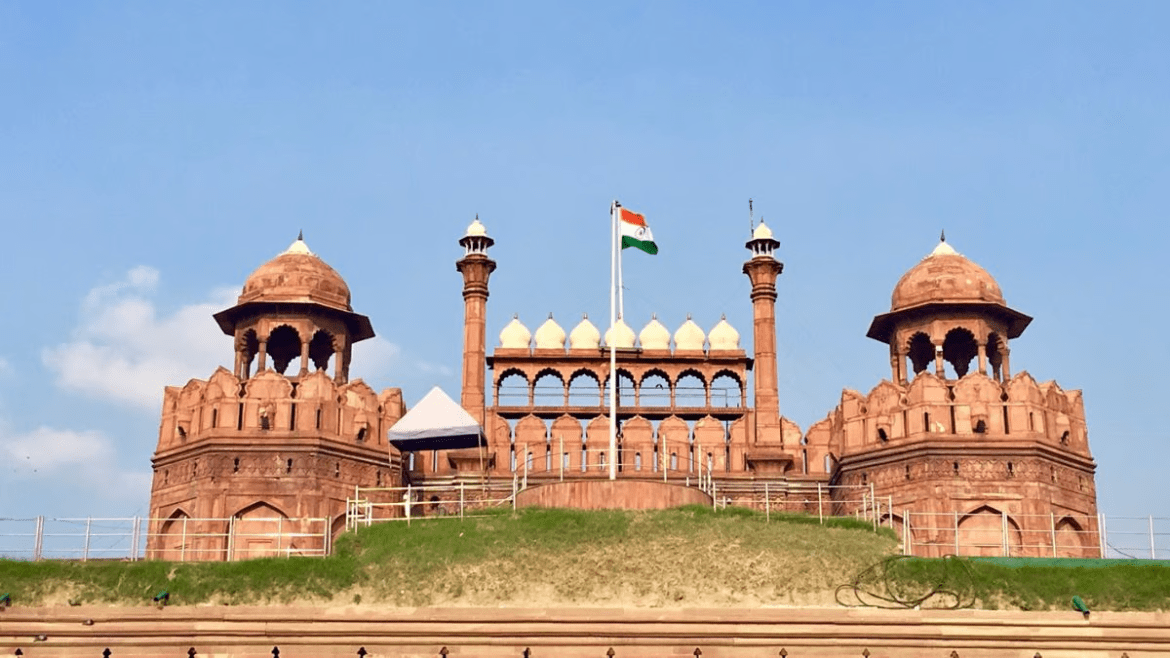AI Generated Summary
- We must rise above the pettiness of caste, creed, and ideology to build a society based on mutual respect, love, and a shared commitment to the greater good.
- Today, India finds itself in the midst of a new kind of struggle—a Dharmayudh, a battle between those who wish to uphold righteousness and those who seek to undermine it.
- As we stand on the threshold of nearly eight decades of freedom, the time has come to take stock of where we are and where we are headed.
As India celebrates 78 years of independence, it’s important to reflect on the nation’s journey—a journey marked by resilience, aspiration, and a relentless pursuit of its ideals. India, often described as a young nation in modern terms, was born out of a complex and ancient civilization that never truly faced an existential crisis. Yet, despite its rich history, the path to forging a unified, modern identity has been fraught with challenges.
India has always been a land that welcomed all—whether they came seeking knowledge, refuge, or fortune. The broad-mindedness and openness of its people, coupled with their valor and ethical compass, made this possible. But history shows that not everyone who arrived was driven by noble intentions. Some sought to exploit, to sow discord, and to undermine the moral fabric of this great land. Today, India finds itself in the midst of a new kind of struggle—a Dharmayudh, a battle between those who wish to uphold righteousness and those who seek to undermine it.
As we stand on the threshold of nearly eight decades of freedom, the time has come to take stock of where we are and where we are headed. Nationalism is more than just waving a flag or singing the national anthem; it is about taking concrete steps to eradicate social ills and fostering a spirit of unity and equality. The enactment of a Common Civil Code is one such step that can help build a cohesive society, where laws are not biased by religion or caste but are designed to serve all citizens equally.
But legislation alone cannot build a nation. The quality of life for every Indian must improve through better governance, honest enforcement of laws, and a cooperative approach between the three arms of government. The endless tussles and power struggles must give way to collaboration and a shared commitment to the well-being of all citizens, regardless of their backgrounds.
Education is the cornerstone of any prosperous society. India must invest in better teaching standards, especially in critical fields like law, medicine, policing, and administration. We are a nation rich in talent and human resources, but this potential must be nurtured and directed toward productive ends. Generating more jobs and reducing dependency on reservations and subsidies is crucial. It’s time to move beyond the outdated narratives of perpetual victimhood and instead empower every citizen to contribute to the nation’s growth.
The challenges India faces are daunting, but they are not insurmountable. The social malaise that has crept into the country must be addressed, but not through euphoria or a false sense of happiness. Real progress must be reflected in tangible improvements—better urban development, improved infrastructure, and a more equitable distribution of resources. Corruption, tax evasion, and a crippled criminal justice system are cancers that must be excised through greater public participation and accountability.
A positive mass movement, grounded in grassroots activism rather than superficial social media campaigns, can ignite the spark of change. The masses, when awakened, can become a tidal wave of reform, extinguishing the fires of division and discord. The time has come for Bharatvarsh to transcend mere nomenclature. Freedom should no longer be an anachronism but a living, breathing reality.
As we navigate the complexities of the modern world, it is crucial to remember our roots. India’s ancient culture and civilization have always reflected a profound philosophy—Universalism, Humanity. These are not just religious or ideological constructs but the very essence of what it means to be Indian. Misinterpretations and distortions of this philosophy have led to the rise of divisive forces, but the true spirit of India remains unbroken.
Life is a blessing, and every Indian has a role to play in shaping the future of this nation. We must rise above the pettiness of caste, creed, and ideology to build a society based on mutual respect, love, and a shared commitment to the greater good. The will of the Constitution of India, in its most sublime form, must be respected and upheld.
In this 78th year of independence, let us pledge to build a new India—an India where illiterate leaders, corrupt administrators, and biased judges have no place. An India where every citizen, regardless of their origin, can live with dignity and purpose. We have always been a Vishwaguru—a teacher to the world—and now, more than ever, we must live up to that legacy.
The challenges of the seven-decade itch must be addressed not just by those in power but by every Indian. Let us awaken the lions within us and build a nation that the world will look up to with admiration and respect. The new India is not just a dream; it is a reality waiting to be realized. All it needs is our collective will and unwavering commitment to the values that have always made us great.
The opinions expressed in this article are those of the author. They do not purport to reflect the opinions or views of Khalsa Vox or its members.




